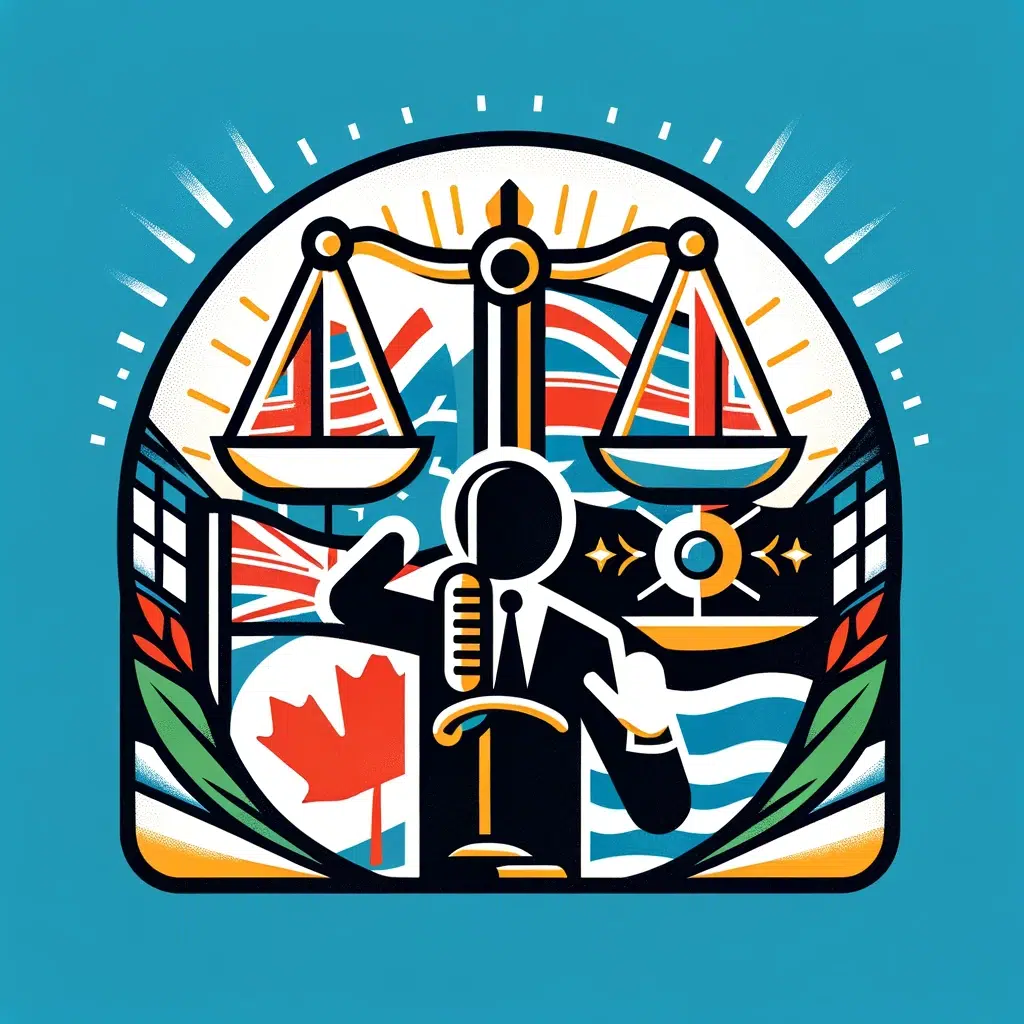
Case Summary
In Eldridge v. British Columbia (Attorney General), the Supreme Court of Canada made a pivotal decision affirming the rights of deaf persons to have access to sign language interpreters in provincial hospitals. The case was brought forward by Robin Susan Eldridge, John Henry Warren, and Linda Jane Warren, who argued that the failure to provide interpreter services violated their equality rights under section 15(1) of the Canadian Charter of Rights and Freedoms“?oaicite:4?““?oaicite:3?“.
Significance of the Decision
This landmark decision expanded the application of the Charter to government-funded programs under section 32. It addressed crucial questions about the application of the Charter, what constitutes “equal benefits” for disabled people under section 15(1), and the concept of minimal impairment under the section 1 justification framework“?oaicite:2?““?oaicite:1?“.
Implications for Equality Rights
The Court’s ruling underscored that once a government offers a benefit to the general population, it is obligated under section 15(1) to ensure that disadvantaged members of society have the resources to fully utilize that benefit. This decision has far-reaching implications for how public services are provided to persons with disabilities in Canada“?oaicite:0?“.



